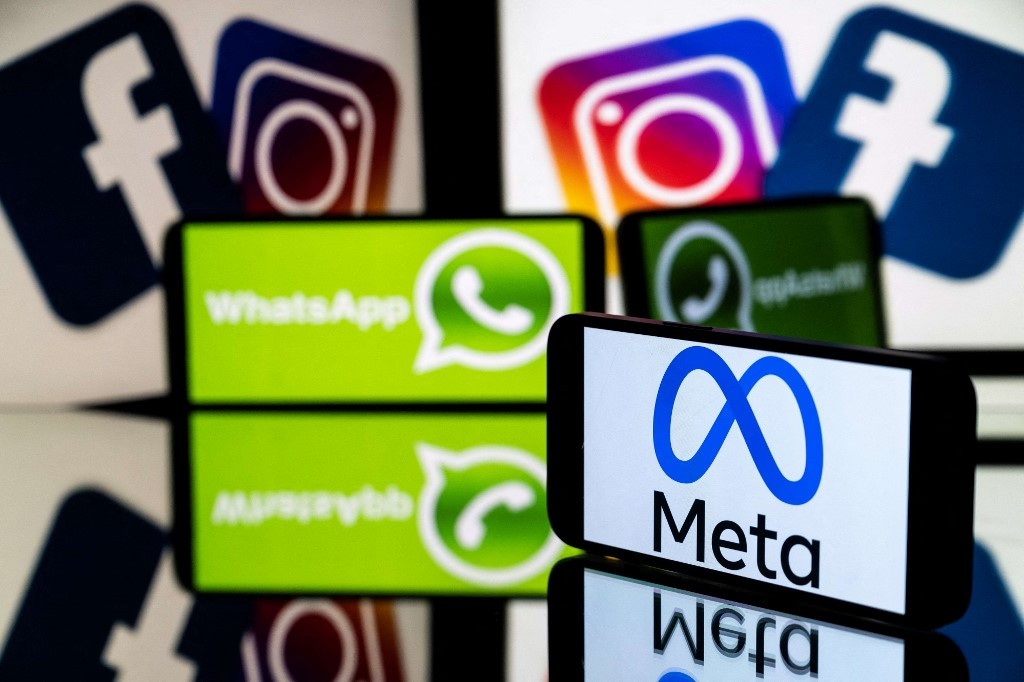Popular Reads
Top Results
Can't find what you're looking for?
View all search resultsPopular Reads
Top Results
Can't find what you're looking for?
View all search resultsWill your encrypted messages remain private in Europe?
Many governments and authorities see encryption not as a human-rights safeguard, but as an obstacle.
Change text size
Gift Premium Articles
to Anyone
I
n recent years, civil-society organizations and industry players have joined forces to protect encrypted messaging from government intrusion. In an age of surveillance, notes the former Council of Europe commissioner for human rights, encryption is “a vital human rights tool”. In my own work on security and foreign affairs as a member of the European Parliament, I have seen firsthand why this is true. Activists, journalists, human-rights defenders and ordinary citizens all rely on the right to privacy, viewing it as a core European value that underpins freedom of expression and democracy itself.
Encryption is one of the most important privacy-enabling technologies in today’s world, which is why most essential online services, messaging apps, calls, emails, file sharing and payments rely on it. The most effective form, end-to-end encryption, ensures that only the communicating parties can decrypt and see the content of their messages, making unauthorized access impossible (as with Signal or WhatsApp).
But governments and law-enforcement agencies have been increasingly eager to access encrypted communications, even if that means undermining public confidence in privacy protection. Across European Union member states, several governments want to weaken encryption technologies under the guise of fighting terrorism and other crime.
The message is clear: Many governments and authorities see encryption not as a human-rights safeguard, but as an obstacle. The European Commission has established a high-level working group on “access to data for effective law enforcement”. The group, composed of law-enforcement representatives, has recommended “lawful access by design” to data “en clair”, meaning that communication services would be required to install “back doors” enabling criminal investigators to access unencrypted data.
The push to weaken encryption reached a peak in 2022 with the European Commission’s proposed Child Sexual Abuse Regulation (CSAR), nicknamed “Chat Control”. This regulation would empower authorities to mandate indiscriminate scanning of private messages, including those on end-to-end encrypted services, to detect child sexual abuse material.
Even if adopted with the best of intentions, such measures would inevitably create vulnerabilities that could be exploited by malicious actors. Information technology (IT) professionals have argued that it is impossible to break encryption safely; back doors always create exploitable security gaps. Just weeks ago, news broke that major United States internet service providers had been hacked by Chinese actors through legally accessible data channels.
Intelligence agencies (including in the Netherlands) rightly warn that undermining encryption presents an unmanageable cybersecurity risk. In fact, ongoing discussions within the Council of the EU have ruled out scanning for accounts deemed critical for national security, revealing a glaring double standard.



















